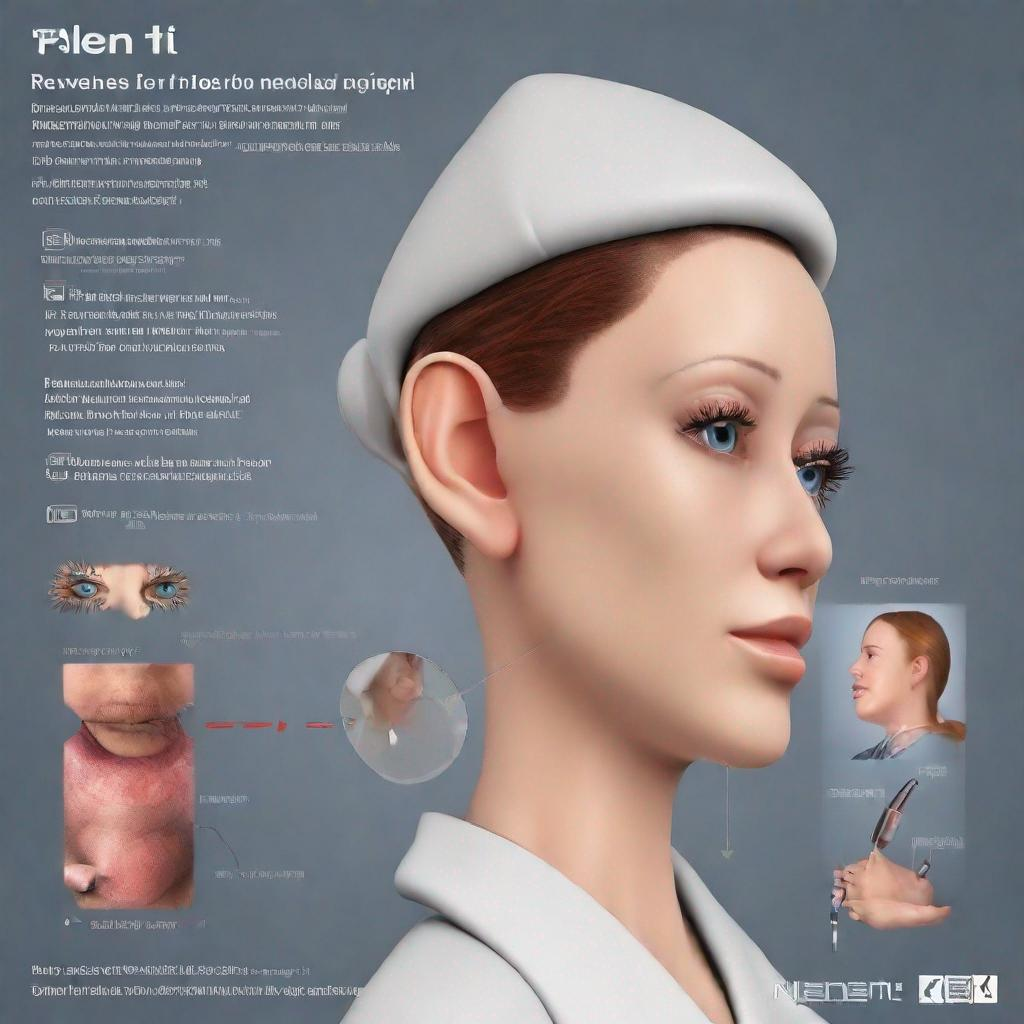“`html
T-3 Test: A Comprehensive Guide for Patients
Introduction
The T-3 test, also known as the Triiodothyronine test, is a crucial laboratory test that measures the levels of T-3 hormone in the blood. T-3 is one of the two main thyroid hormones, along with T-4 (thyroxine). Together, these hormones play a vital role in regulating various bodily functions, including metabolism, growth, and development.
Test Overview
The T-3 test is primarily used to assess the function of the thyroid gland. The thyroid gland is a small, butterfly-shaped organ located in the neck that produces thyroid hormones. By measuring the levels of T-3 in the blood, doctors can diagnose and monitor thyroid disorders, such as hypothyroidism and hyperthyroidism.
Conditions and Diseases Detected
The T-3 test can help detect and diagnose the following conditions and diseases:
– Hypothyroidism: A condition where the thyroid gland does not produce enough thyroid hormones, leading to symptoms such as weight gain, fatigue, and depression.
– Hyperthyroidism: A condition where the thyroid gland produces too much thyroid hormones, resulting in symptoms such as weight loss, anxiety, and insomnia.
– Thyroid dysfunction: A general term for any disruption in the normal function of the thyroid gland.
– Goiter: An enlargement of the thyroid gland, which can be caused by various factors including iodine deficiency or autoimmune disorders.
– Thyroid nodules: Non-cancerous or cancerous lumps in the thyroid gland.
– Thyroid cancer: A rare type of cancer that develops in the thyroid gland.
Preparation Guidelines
Before taking the T-3 test, it is important to follow your doctor’s instructions carefully. Usually, no fasting is required prior to the test. However, you should inform your doctor about any medications or supplements you are taking, as some may interfere with the accuracy of the test results.
Procedure
The T-3 test involves a simple blood draw. A healthcare professional will collect a small sample of blood from a vein in your arm using a needle. The blood sample will then be sent to a laboratory for analysis. The procedure is generally safe and pain-free, and only takes a few minutes to complete.
Duration and Waiting Time
The T-3 test usually takes about 24 hours to complete. However, the waiting time for results can vary depending on the laboratory. Your doctor will inform you when the results are ready and schedule a follow-up appointment to discuss the implications.
Additional Tests
In addition to the T-3 test, your doctor may also recommend other tests to evaluate your thyroid function. These may include:
– T-4 test: Measures the levels of T-4 hormone in the blood.
– Thyroid-stimulating hormone (TSH) test: Measures the levels of TSH, a hormone produced by the pituitary gland that controls the production of thyroid hormones.
– Thyroid antibodies test: Detects antibodies that are associated with autoimmune thyroid disorders, such as Hashimoto’s thyroiditis and Graves’ disease.
Conclusion
The T-3 test is a valuable diagnostic tool that helps identify and monitor thyroid disorders. If you are experiencing any symptoms associated with thyroid dysfunction, your doctor may recommend a T-3 test to assess your thyroid function and determine the appropriate course of treatment. Remember to discuss the benefits and limitations of the test with your healthcare provider to make an informed decision about whether the T-3 test is right for you.
“`



